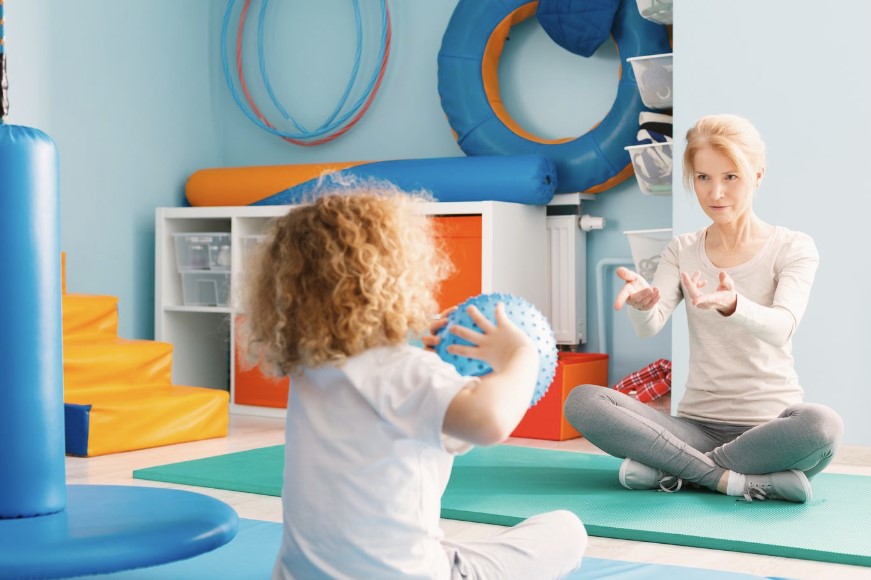
Alternative therapies have gained popularity as people seek natural and holistic approaches to health and wellness. These therapies range from acupuncture and herbal medicine to yoga and aromatherapy. While some alternative therapies have proven benefits, others lack scientific backing. This article explores which alternative therapies work and which ones don’t, based on current research and expert opinions.
What Works
1. Acupuncture
Acupuncture, an ancient Chinese practice involving the insertion of thin needles into specific points on the body, has shown effectiveness in treating various conditions. Research supports its use for chronic pain management, including back pain, osteoarthritis, and migraines. It is also beneficial for reducing nausea and vomiting associated with chemotherapy.
2. Mindfulness and Meditation
Mindfulness and meditation practices have been extensively studied and are known to reduce stress, anxiety, and depression. They also improve focus, emotional regulation, and overall mental health. Techniques such as mindfulness-based stress reduction (MBSR) and mindfulness-based cognitive therapy (MBCT) are widely used in clinical settings.
3. Yoga
Yoga combines physical postures, breathing exercises, and meditation. It has been proven to enhance physical health by improving flexibility, strength, and balance. Additionally, yoga reduces stress, anxiety, and symptoms of depression, making it a valuable practice for mental well-being.
4. Herbal Medicine
Certain herbal remedies have shown efficacy in treating specific conditions. For example, St. John’s Wort is effective for mild to moderate depression, and ginger is known to reduce nausea. However, it’s important to use herbal medicines under the guidance of a healthcare professional to avoid potential interactions and side effects.
5. Chiropractic Care
Chiropractic care focuses on diagnosing and treating musculoskeletal disorders, particularly those related to the spine. Evidence supports its use for relieving lower back pain, neck pain, and headaches. Spinal manipulation, a common chiropractic technique, can provide significant pain relief and improve function.
What Doesn’t Work
1. Homeopathy
Homeopathy is based on the principle of treating “like with like” and involves highly diluted substances. Scientific evidence overwhelmingly shows that homeopathy is no more effective than a placebo. The extreme dilutions used in homeopathic remedies often contain no active ingredients, rendering them ineffective.
2. Ear Candling
Ear candling involves placing a hollow candle in the ear canal and lighting it to remove earwax and toxins. There is no scientific evidence supporting the efficacy of ear candling, and it can cause harm, such as burns and ear injuries.
3. Colloidal Silver
Colloidal silver is promoted as a cure-all for various ailments, but there is no scientific evidence to support these claims. Ingesting colloidal silver can lead to argyria, a condition that causes the skin to turn a bluish-gray color, and it can also interfere with the effectiveness of medications.
4. Magnetic Therapy
Magnetic therapy involves using magnets to alleviate pain and improve health. Despite its popularity, scientific studies have found no consistent evidence that magnetic therapy is effective for pain relief or any other health conditions.
5. Detox Diets and Cleanses
Detox diets and cleanses claim to remove toxins from the body, but the body’s liver, kidneys, and other organs already perform this function efficiently. There is little scientific evidence supporting the health benefits of detox diets, and they can sometimes lead to nutrient deficiencies and other health issues.
Conclusion
Alternative therapies offer a range of options for those seeking holistic approaches to health and wellness. While some therapies, such as acupuncture, mindfulness, yoga, and certain herbal medicines, have scientific support, others, like homeopathy and ear candling, lack evidence and can be ineffective or harmful. It’s essential to approach alternative therapies with a critical eye, seek evidence-based treatments, and consult healthcare professionals to ensure safe and effective care.